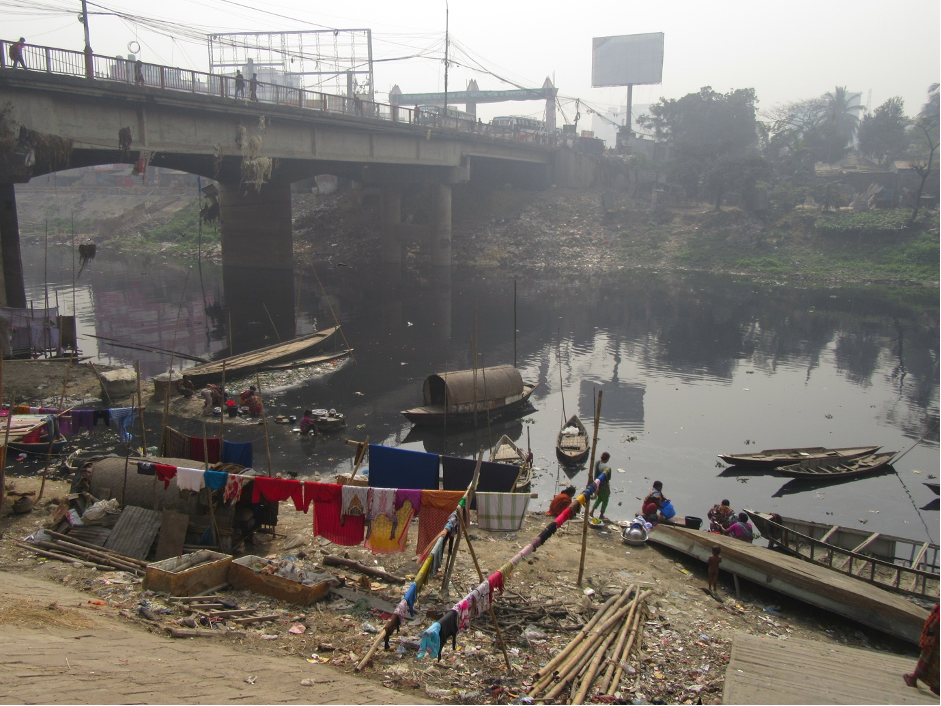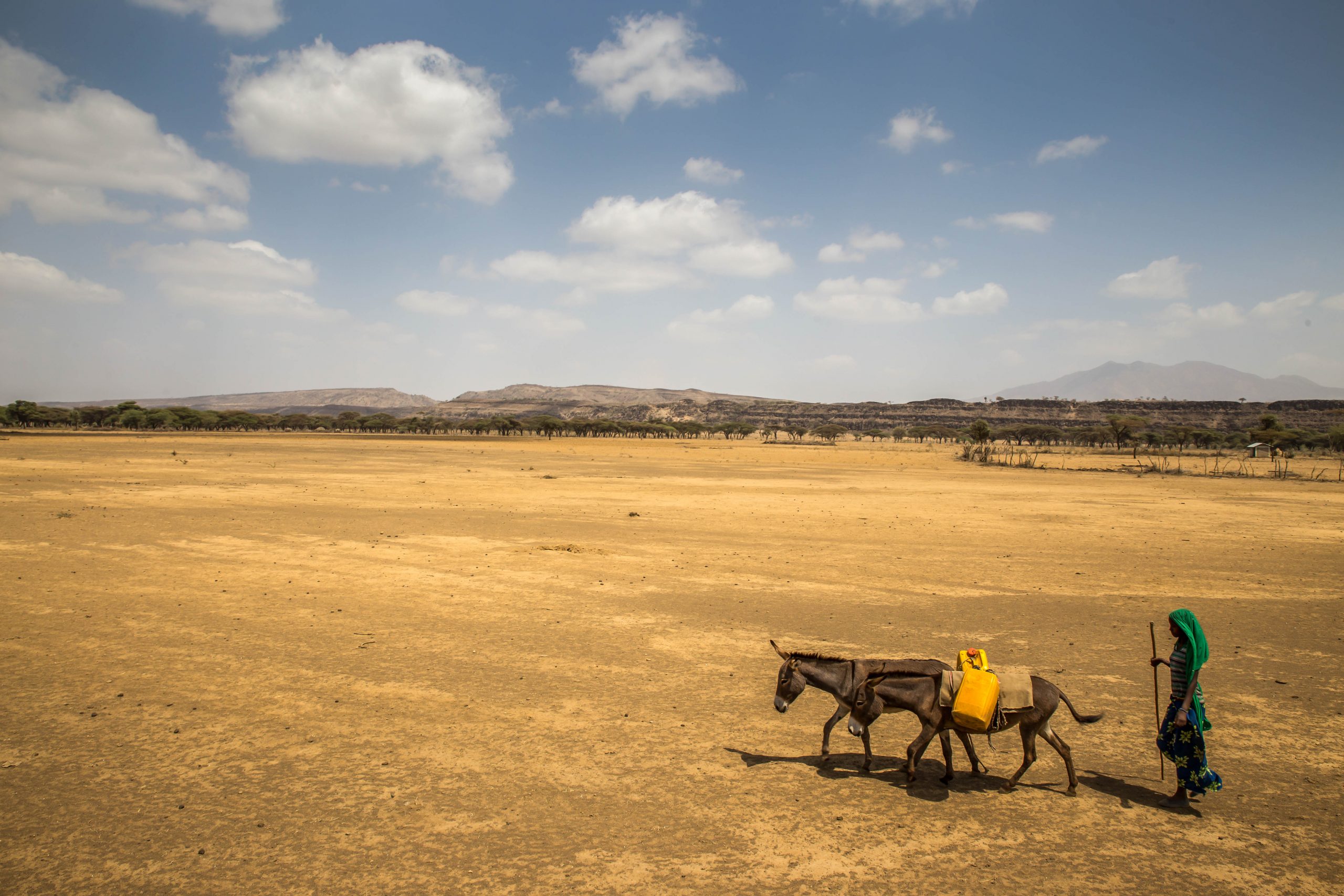Dr. Katrina Charles, REACH Co-Director
Today REACH is launching its new Water Security for Climate Resilience Report, synthesising six years of interdisciplinary research on climate resilience and water security in Africa and Asia. You can also read a summary of the full report with recommendations.
Water security and climate resilience are interlinked.
This may seem like a simple statement, but in reality it is a complex relationship. Water security and climate resilience are both about managing risks – from water-related issues and climate-related hazards, respectively – to achieve better outcomes for all sectors of society. There are intuitive relationships at large scales, but underlying them are complexities shaped by the environment, and our interactions with it.
Climate change headlines often focus on temperature increases. These changes will be significant and have severe impacts as highlighted by the heatwaves in recent weeks in North America, Pakistan and India. These increases in temperature come with dramatic changes to our weather, in turn affecting the complex water systems that are essential to so much of our lives and our planet. Floods and droughts are the most visceral example of this impact, which also receive regular coverage on the news. But climate change is affecting water security for humans and ecosystems in many more subtle ways.
Climate change is impacting our drinking water supplies. There is a limit to how much capacity they have to absorb weather extremes, especially for smaller systems. Heavy rainfall is linked to many major waterborne outbreaks in developed countries. A major drought led to severe water rationing in Cape Town in 2018, nearly causing the city’s taps to run dry, known as Day Zero. The report highlights that for smaller water systems that people outside cities rely on the impact of weather is often less clear, but the evidence is that there is limited climate resilience.
Water quality varies with weather. Rainfall increases the mobility of faecal contamination, with different types of system more vulnerable to heavy rainfall, exposing the users to diseases such as typhoid. Without reliable water supplies, people use a range of water sources to meet their water needs year-round, trading off risks between reliable water supplies that might be saline or expensive, with seasonal but unsafe water sources. Climate change will increase weather extremes leading to increased contamination and less reliability.
Fresh water scarcity is increasing. Industrialisation and urbanisation are increasing both the demand for fresh water and its pollution, with toxic compounds that are difficult to remove. Climate change is amplifying these threats by reducing the availability of reliable water, increasing salinity, especially in coastal areas, and changing river flows that flush saline and polluted water. Reduced river flows from changing rainfall patterns will increase exposure to pollution for those who rely on river water for washing and bathing, and increase saline intrusion from the coast. Building resilience requires better management of fresh water resources to reduce the increasing contamination that is making water harder to treat.

To build the adaptive capacity of water systems to cope with changes in climate, climate information needs to be available to water managers at the appropriate spatial and temporal scale. Ensembles of global climate models provide useful information about global climate, but analysis is needed to identify the relevant climate models that best capture local climate. More investment is needed to provide the tools that water managers need to make informed decisions to increase climate resilience, such as accurate projections at local scales and seasonal forecasting based on understanding of local climate drivers. The information needed varies for different users, but is critical to build resilience for managers of small water systems, reservoirs, and basins.
The report synthesises six years of interdisciplinary research by the REACH team across Sub-Saharan Africa and South Asia. Collaborations in our Water Security Observatories have allowed us to understand how water security risks are experienced, how inequalities are created and reproduced with new policies, and how new tools and science can support better decision making. The report highlights the impact the REACH programme has achieved with funding from the Foreign, Commonwealth & Development Office (FCDO), in partnership with UNICEF, for the benefit of millions of people. It concludes with three recommendations for to advance water security for climate resilience:
- More accurate and granular analysis of climate risk is needed to increase relevance of climate information
- Metrics for monitoring climate resilience in water systems are critical to track progress and inform investments for water security
- New institutional models that improve water security will be critical for climate resilience
Climate change will increasingly affect water availability and quality, with devastating consequences for the most vulnerable. Improving water security is critical to build resilience to the changing climate.

